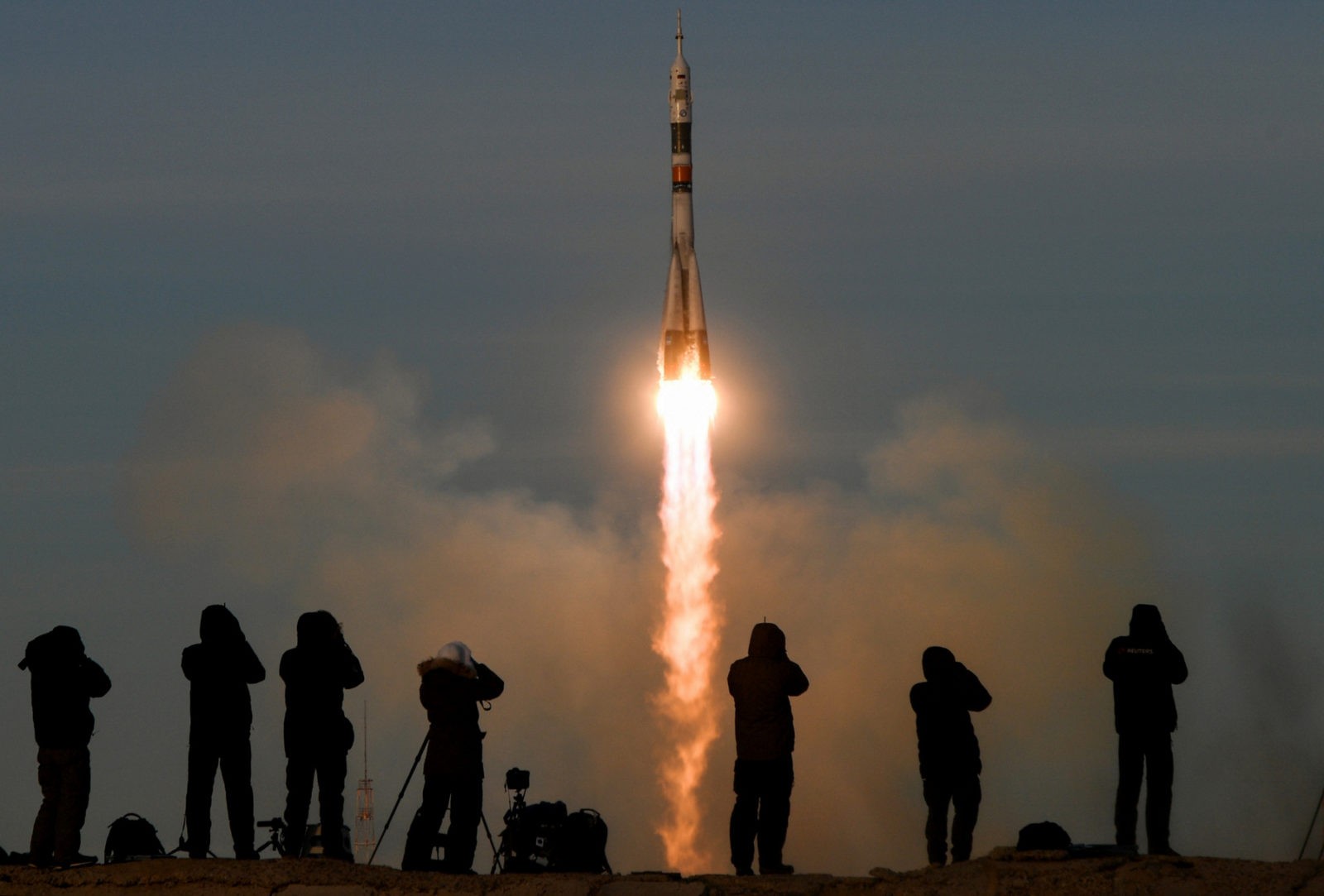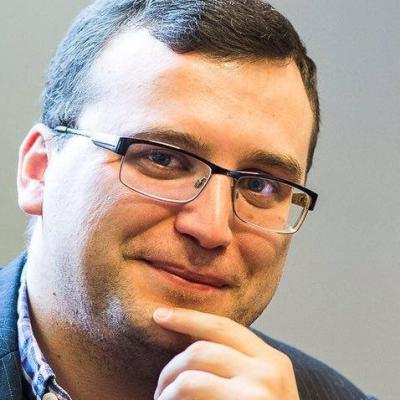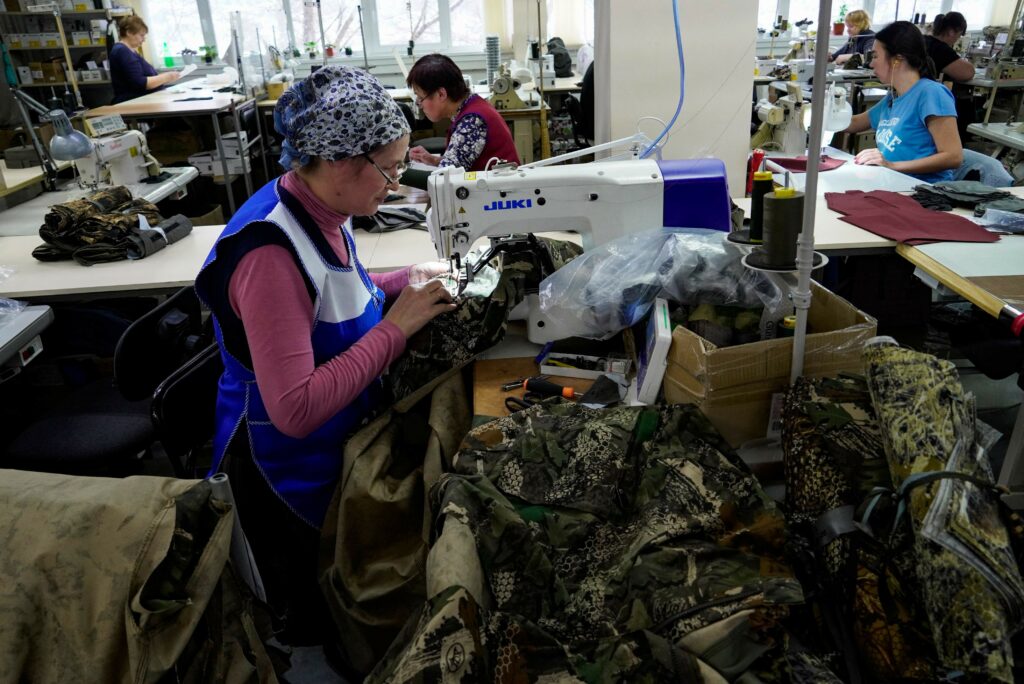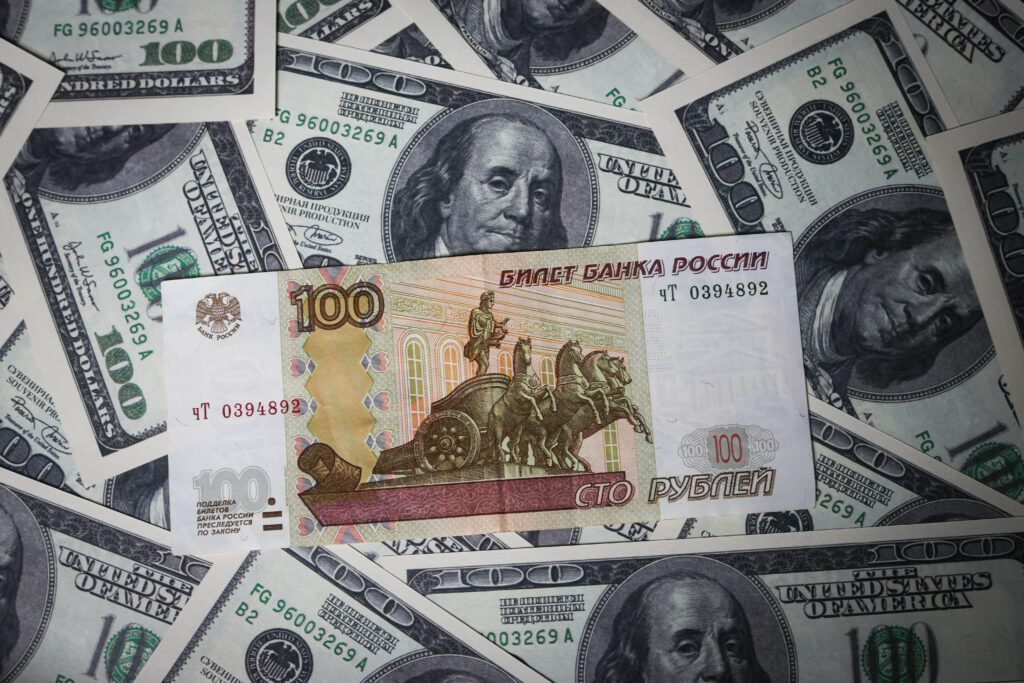In the past eight years, the Russian authorities have officially tried to foster a domestic ecosystem for private space companies. The main reason has been the chronic difficulties within the Russian space industry. The state sector, after all, has been showing a limited ability to develop and produce new space technology. In this context, the developments in astronautics driven by private American entrepreneurs in 2000–2010 has created the prospect of Russia losing its dominance in manned flights. Worse still, this push is casting doubt on the long-term prospects of Russian-American co-operation in space. (It is worth keeping in mind here that activities in outer space are primarily seen as political projects in Moscow.)
Along with its place as a permanent member in the UN Security Council and its nuclear arsenal, participation in space ensures a status for Russia among the great superpowers. Moreover, the success of the Soviet space programme has great symbolic importance for Russian society. Thus, the presence or absence of successes in space has an effect on the legitimacy of the Russian authorities.
Attempts to stimulate the emergence of Russian business in space originally pursued three objectives: to compensate for the weaknesses of state-owned companies; to find a new formula for Russia’s participation in international space exploration, and to support the Kremlin’s legitimacy.
However, in practice, the political and economic system in Russia was almost incompatible with private entrepreneurship. Especially in an area so complex as outer space. Yet the Russian authorities cannot simply abandon the idea of having private space companies. And so the dream of emulating American enterprise rumbles on.
Presumption of guilt
It all started with the launch of the Skolkovo Innovation Centre in 2011, which had a separate dedicated space technology cluster. At the time, businessman Mikhail Kokorich established the flagship of the Russian space business, i.e. the company under the name of Dauria Aerospace. In 2014, the company successfully launched three satellites of its own. Two were sold to Aquila Space, a U.S.-based company. Two more pieces of equipment, built under a contract with Roskosmos, were lost in 2017 during an unsuccessful launch of a propulsion vehicle. In the same period, a criminal case was instigated and closed against the company. Its office was searched. After the unsuccessful launch, Roskosmos had filed a claim against Dauria, seeking compensation for lost equipment. As a result, the company founder relocated to the U.S. and started his business there. He later described the creation of Dauria Aerospace in Russia as a mistake. Obviously, the company entered into contractual relations with the Russian government in an area where it enjoyed a monopoly. Many restrictions exist here since the monopoly is part of the country’s military industry. The presumption of guilt for business actors, typically assumed in the Russian system as a whole, coincided with corporate interests within Roskosmos. The space agency is naturally not interested in having its own position eroded. Part of the problem arose from how Kokorich’s company had signed a contract with Roskosmos as a state authority (Federal Space Agency). Only by 2015 was this reformed as the state-owned enterprise called Roskosmos, creating a legal grey zone.
Another major initiative of Russian business in space was the buyout of the bankrupt Morskoi Start project by S7 (Siberia Airlines). The deal was brokered in 2017–2018 for USD 100m from RKK Energia, a member of the state-owned Roskosmos corporation. In light of the Russian-Ukrainian conflict, the already problematic project ended up without Ukrainian Zenit propulsion vehicles. However, this story is likely not to be an investment in the space business. Rather, an attempted to buy an “absolution of sins” from the Russian government.
The “absolution” was partly to enable the only major private Russian airline to carry on despite Aeroflot’s privileged position, a heavily regulated environment, and the government’s endless attempts to force Russian airlines to use locally produced aircraft. These aircraft, needless to say, are not characterised by top efficiency.
Out of this bid for absolution came the figure of Sergei Sopov. In 2016–2019, he served as the CEO of S7 Space, a company created by S7 to engage in the space business. Sopov had almost thirty years of experience in building relationships with the authorities in the aviation and space sectors. For instance, his own company, called Avialeasing, specialises in leasing Russian SSJ-100 aircraft, purchased with government support and a loan from a state-owned bank.
Under Sopov’s leadership, S7 Space began to present ambitious projects: from resuming the production of rocket engines, developed in the USSR for the lunar programme, to the idea of permits for the Russian segment of the International Space Station. It is unlikely the airline planned to invest its net profit (less than USD 80 million in 2017) where hundreds of millions of dollars are required. Rather, the idea was to simply buy time. Or, at most, to become an indispensable participant in the Kremlin’s space programme. This status would enable the parent airline company to count on increased government support. However, the situation did not move forward and the pact between Sopov and the Filev family, who were the owners of S7, collapsed by 2019. As a result, S7 Space appointed a new CEO. He was expected to ensure good relations with the Kremlin and design a business strategy for the company. Moreover, a decision was made in December 2019 to relocate the Morskoi Start floating launch platform from the USA to Vladivostok area, effectively for storage. This shows that S7 owners understood the vague perspectives of their space initiative, turning from “absolution” into a burden.
Sopov himself created the MTKS company in the spring of 2019 and is already trying to sell another megaproject to Roskosmos: to build a spacecraft called Argo by 2024, to be used by Russia (the Russian state-owned industry has been working on building a new spaceship for almost 20 years).
Friends of the Kremlin, patrons of the arts and “strange” money
Even under such conditions, some people in Russia are trying to build a real business in outer space. However, they face a fundamental problem: the country has hardly any capital and little demand for commercial space services. As a result, space start-ups are looking for wealthy and influential patrons. They are lured in by the chance to join the hobbies of the Russian leader, sometimes ending up in surreal situations. The experience of two resident companies of Skolkovo: Sputnix and Lin Industrial can serve as good examples.
In 2011, Sputnix, a start-up founded to develop satellites, spun off ScanEx, a company that had been processing satellite images since the late 1980s. Andrei Potapov, the son of ScanEx founder Vladimir Gershenzon, decided to try his hand in private astronautics with the support of his father. In 2014, the company managed to launch into orbit its first proprietary vehicle for remote Earth sensing. Moreover, in 2012 and 2017 two vehicles with some systems from Sputnix were sent into orbit. In 2014, ScanEx, which became a prominent supplier of space data for government agencies and large Russian companies, was acquired by people close to the Kremlin. As a result, Sputnix was forced to change its strategy (most probably, the sanctions also played a role here). By 2016, the company started to generate most of its revenue from the sale of educational building blocks, to help schoolchildren and students to learn to design satellites.
These blocks were also supplied to the Sirius educational centre, one of Vladimir Putin’s favourite “children”. This is how Sputnix came to the attention of Roman Andryushin, a man from the closest circle of Oleg Deripaska and one of the top managers of the RUSAL aluminium enterprise. The start-up was acquired and another RUSAL manager became its CEO. Instead of developing its own platform, it began to develop school satellites on the popular CubeSat platform for Putin’s Sirius. Potapov left to work at the Skolkovo Institute of Science and Technology. The company effectively evolved into an ornament in the Russian president’s ideal world.
Unlike Sputnix, Lin Industrial has been trying to create a family of lightweight launch vehicles. Major investors are absent. And this company has faced another problem: the inability to use test sites operated by state-owned companies. As a result, after a crash test of its rocket engine in 2016, conducted in a semi-formal way, the start-up was on the verge of closing its business. It received support from Olga Prokofieva, an entrepreneur, with her company Galaxy, whose goal is to establish a city in outer space and develop human superpowers. This surreal situation is enhanced by how Olga Prokofieva and her then-husband became famous for dubious stories of heavily hyped chop shop projects in industrial parks (another type of toy for the Russian authorities) in the Urals and the Far East, trying to get loans for those projects from the Russian government. Further, she changed her name to Alia Grieg and now gets invited as a speaker at small business forums. Olga/Alia also was involved with Andryushin’s buying of Sputnix, but Sputnix currently denies any connection with her. In August 2018, Lin Industrial also stopped collaborating with Prokofieva/Grieg.
In 2019, the start-up found two new investors. The first investor was the National Space Company with registered capital of RUB 10 million (approx. USD 170,000), established in 2019 in Krasnoyarsk by former police officer Maxim Kulikov, who headed a local consumer loan cooperative since the end of 2016, with unknown founders. Thus, it is not quite clear what kind of funds the new investor will use to finance the projects at Lin Industrial and what origin of these funds might be. The second investor was a company called LAROS, owned by businessman Oleg Larionov, an aviation and space enthusiast. He is the only real hope for Lin Industrial’s continued operation. Even though there is no legal framework enabling civilians in Russia to manufacture and launch missiles.
Against this backdrop, Roskosmos has become engaged in developing private aeronautics. Otherwise, this would call into question not only the fulfillment of the aforementioned tasks but also the very idea of a state-owned corporation responsible both for the space programme and for improving the efficiency and developing the space industry. In other words, it is also a question of the bureaucratic interests of the company’s management. As a result, as part of the National Technological Initiative (another idea conceived by Putin), a working group dedicated to this issue has been established under the auspices of Roskosmos. However, there are no plans to resolve the fundamental contradiction between the interests of the monopoly and the need for private space business to develop.
The only idea of the dedicated working group was the proposal that Roskosmos could obtain a share in the capital of private companies by contributing its own technologies to them. However, it is not clear how to deal with the technologies that are classified (and most of them have that status).
The Russian government is once again trying to revive the idea of a ghetto for business in the areas it considers a priority. All these utopian attempts to create the Russian counterparts of SpaceX and Blue Origin are looking like a bureaucratic imitation. At the same time, they create fertile ground for those who know how to sell hot air to the Kremlin.










